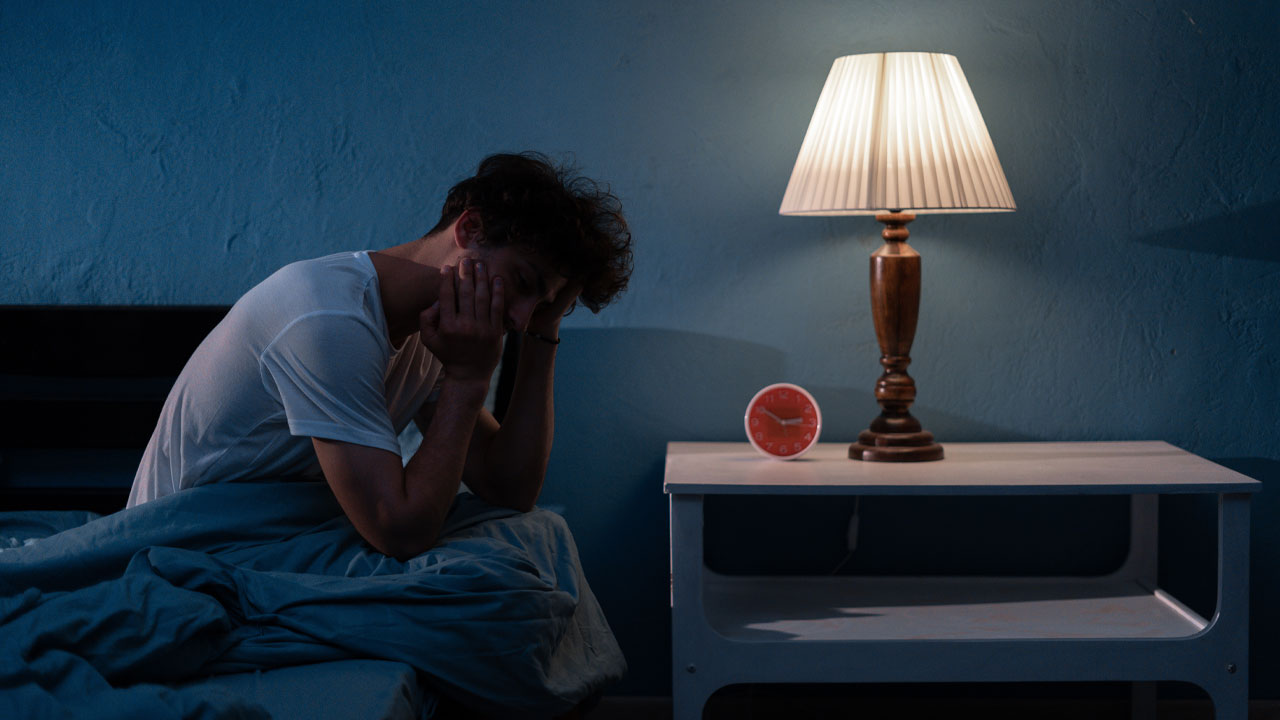
Are you struggling with sleepless nights because of constant teeth grinding? Do morning headaches and jaw pain disrupt your day? Teeth grinding, also known as bruxism, is not just an annoying habit at night—it can seriously harm your oral health if ignored.
What is Bruxism?
Bruxism involves the habitual grinding, gnashing, or teeth clenching. It can happen when you’re awake (awake bruxism), but it’s frequently linked to sleep and is called sleep bruxism. This condition often occurs alongside other sleep issues, like snoring and sleep apnea.
People who suffer from teeth grinding might notice symptoms including:
- Grinding or clenching teeth
- Flattened or damaged teeth
- Worn tooth enamel
- Heightened sensitivity to hot and cold substances or tooth pain
- Pain or soreness in the jaw
- Tension headaches
- Facial pain
- Chipped or fractured teeth
- Changes in bite alignment or shifting teeth
Causes and Triggers of Teeth Grinding
Understanding why teeth grinding occurs is key to finding ways to prevent and treat it. By addressing the main reasons behind it, you can take steps to control bruxism and lessen its harmful effects on your oral health and overall well-being.
- Lifestyle factors. High intake of stimulants such as caffeine and alcohol may excite the central nervous system, making bruxism more likely during sleep. Additionally, using recreational drugs can escalate the risk of grinding teeth.
- Emotional stress. There is a strong link between bruxism and emotional stress. People under stress might unknowingly grind or clench their teeth as a physical symptom of coping with tension or frustration. The severity of teeth grinding can fluctuate with stress levels.
- Sleep disorders. Sleep disorders, including sleep apnea, can be a catalyst for teeth grinding. Sleep apnea interrupts normal breathing during sleep, causing you to wake briefly multiple times. These interruptions can cause grinding as the body reestablishes regular breathing patterns.
Treatments for Teeth Grinding
To manage teeth grinding, you can take proactive steps to prevent damage and reduce discomfort. These may include:
- Night guards. These custom-made devices are worn during sleep to create a barrier between your upper and lower teeth. They help relieve the pressure from grinding or clenching, which protects your teeth from wear and tear. While you can buy mouthguards over the counter, visiting a dentist for a custom solution is a better option. Your dentist can give you a custom-made guard that fits perfectly, ensuring it’s comfortable and effective.
- Managing stress. If you believe that stress or anxiety is the cause of your teeth grinding, adopting stress management practices can be helpful. Techniques like deep breathing, meditation, or yoga can reduce feelings of stress or anxiety that often lead to bruxism.
- Adopting healthier lifestyle habits. Implementing lifestyle adjustments, such as cutting back on caffeine and alcohol before bedtime, following good sleep practices, and eating a balanced diet, can improve overall health and may help lessen teeth grinding.
- Professional dental treatments. Severe cases of teeth grinding can lead to tooth and gum damage. In these cases, your dentist might suggest specialized treatments. These can range from orthodontic adjustments to fix bite issues to dental restorations such as crowns or tooth reshaping to repair wear and tear.
Book Your Appointment to Get a Healthier Smile and Peaceful Nights
If you’re a teeth grinder, visit our Lakeview or Deerfield locations for an evaluation. Our dental team will assess your oral health and suggest treatments to ease teeth grinding and its associated symptoms. Contact us today to schedule your appointment.
